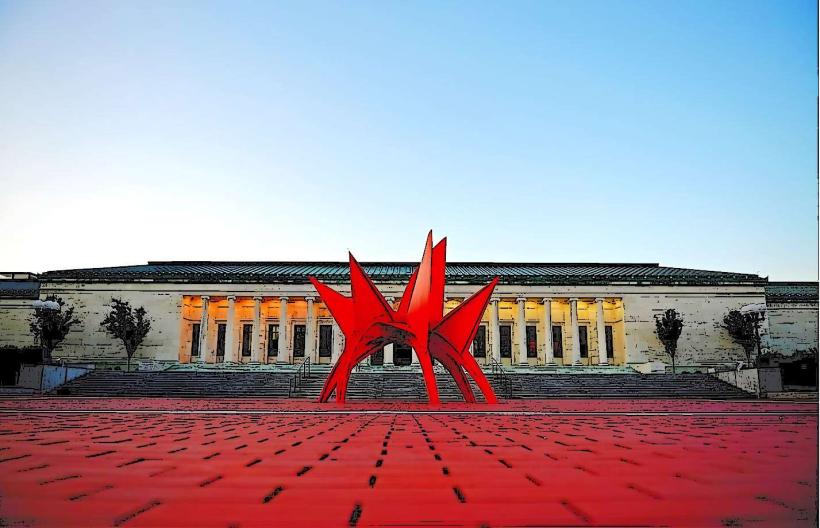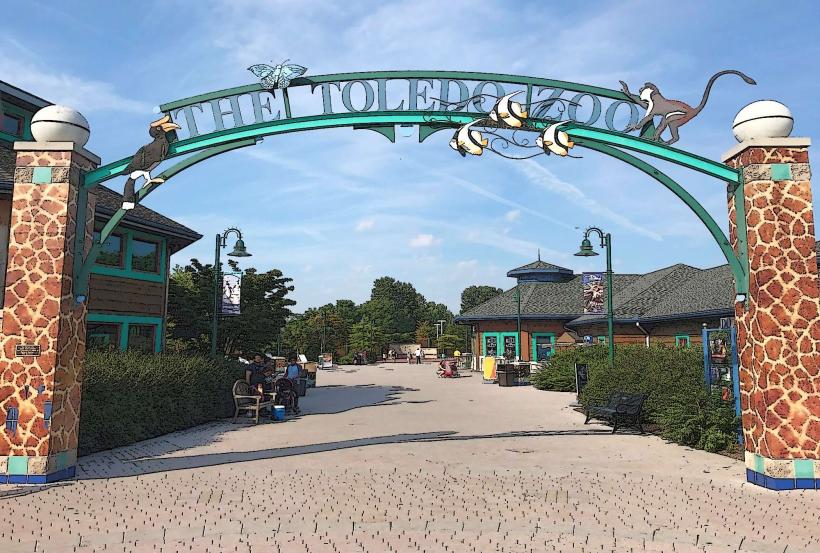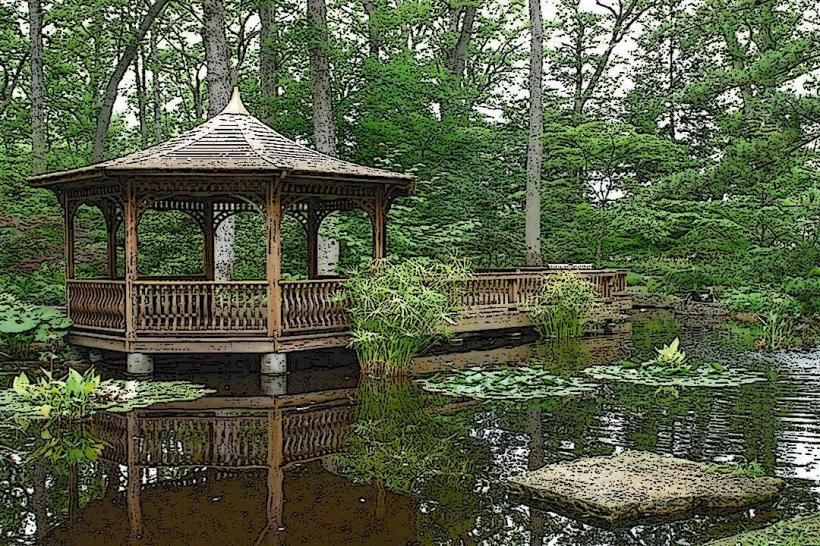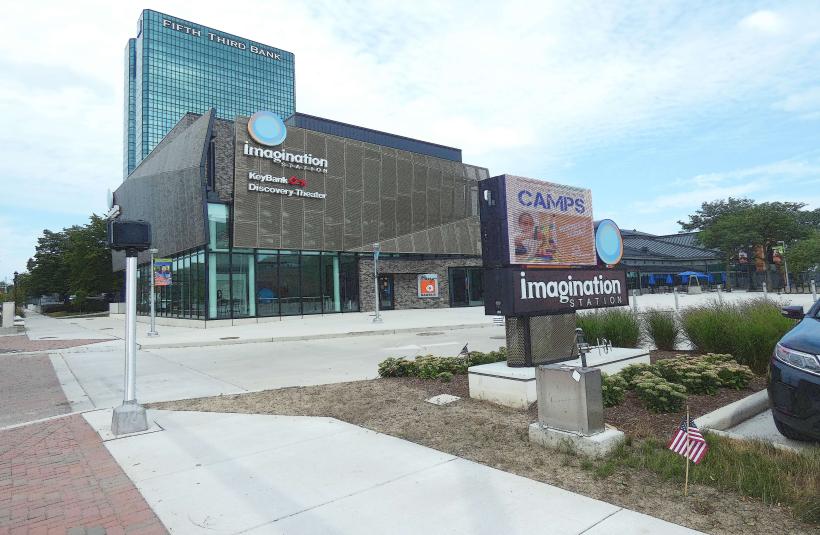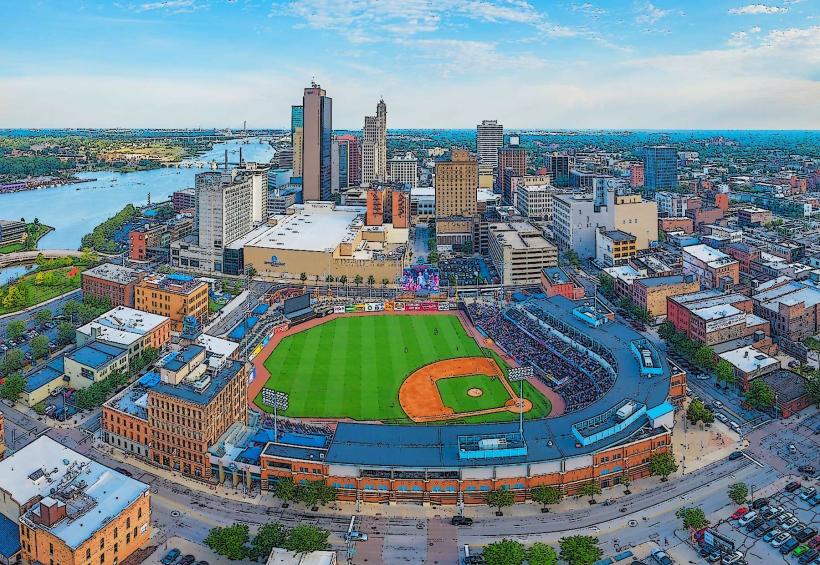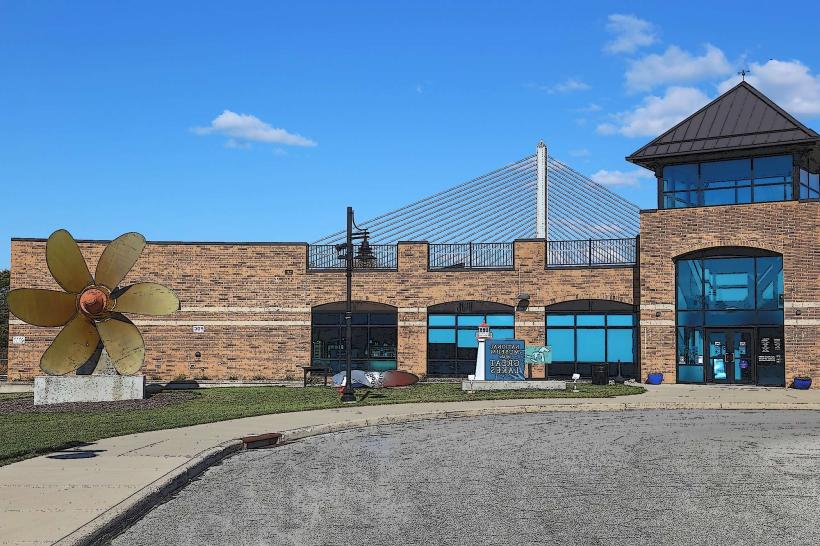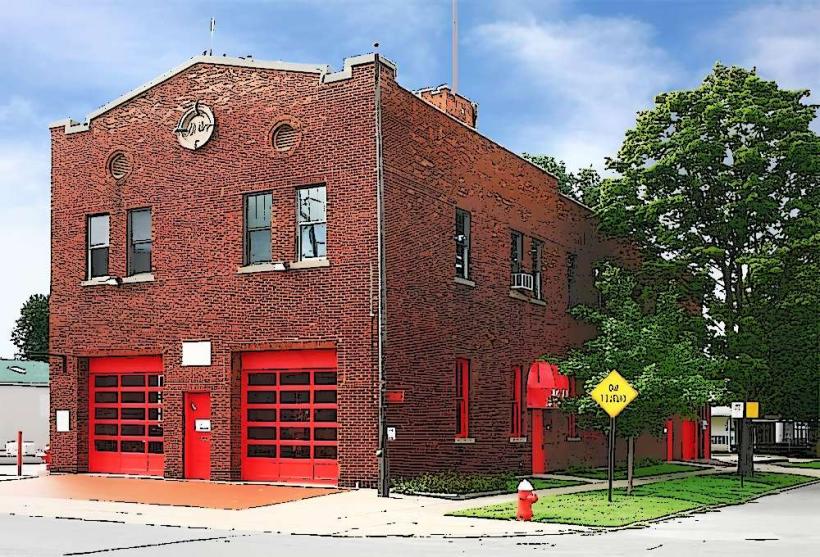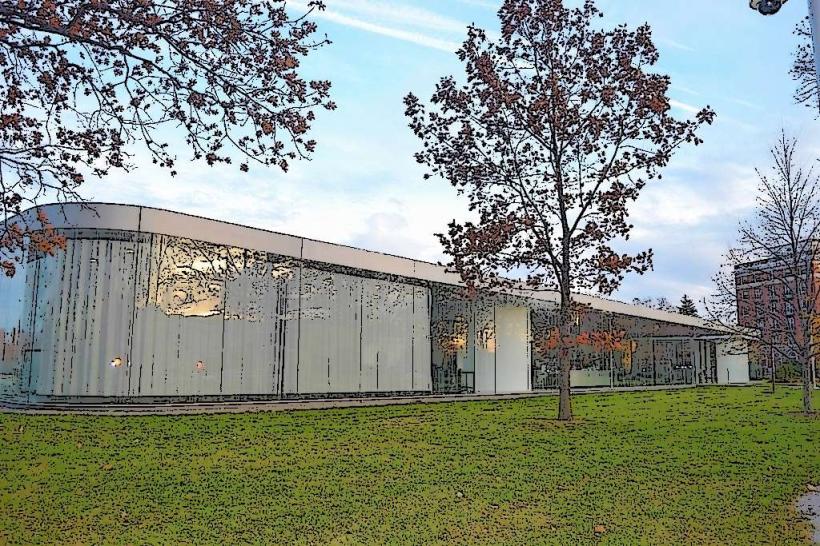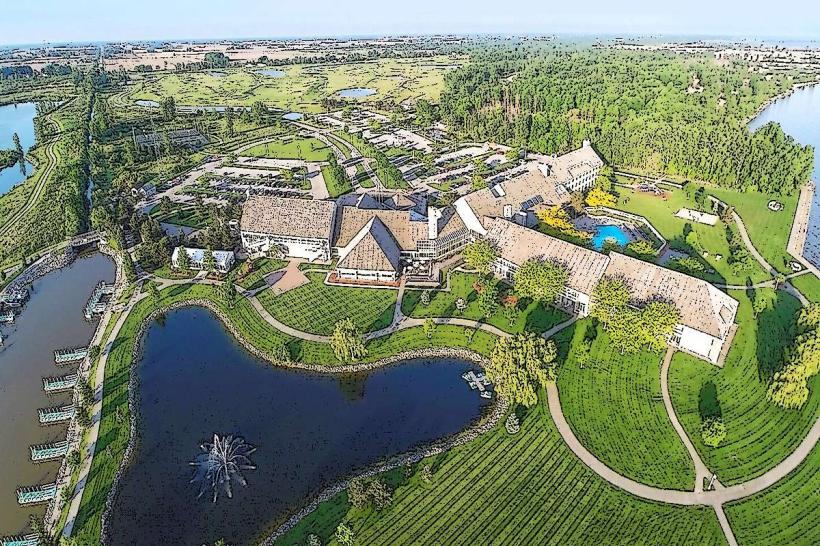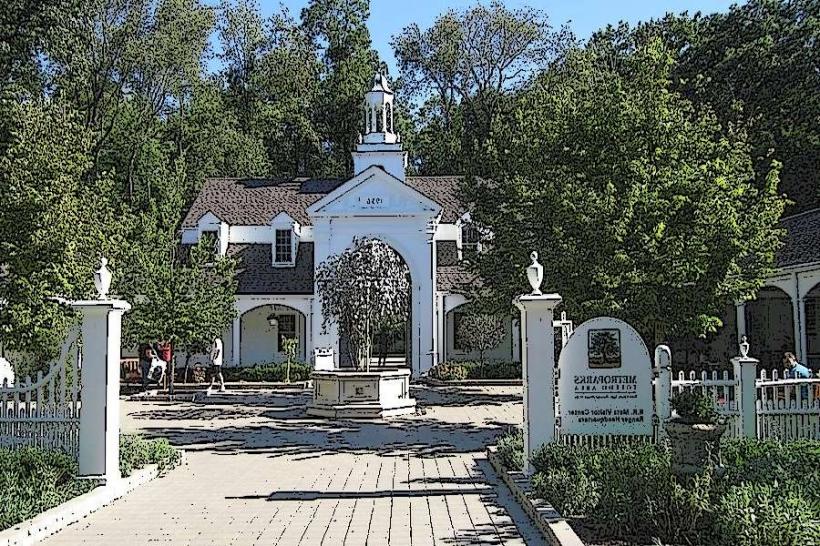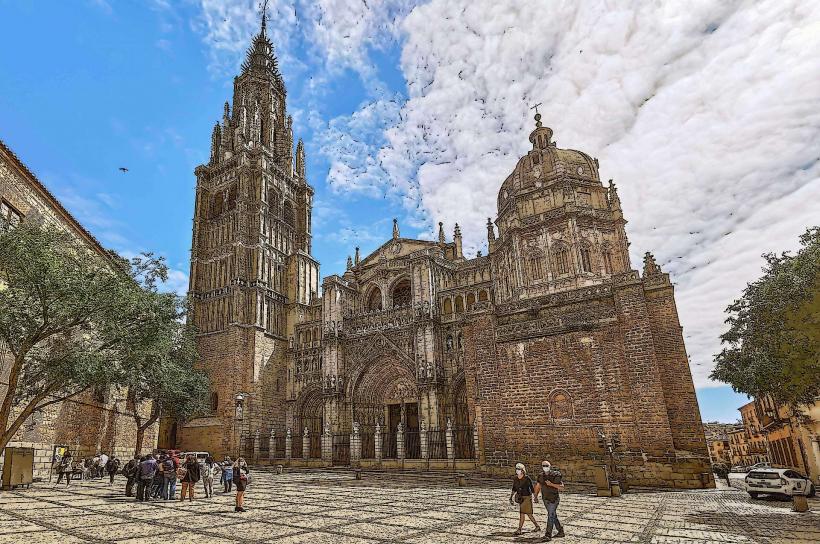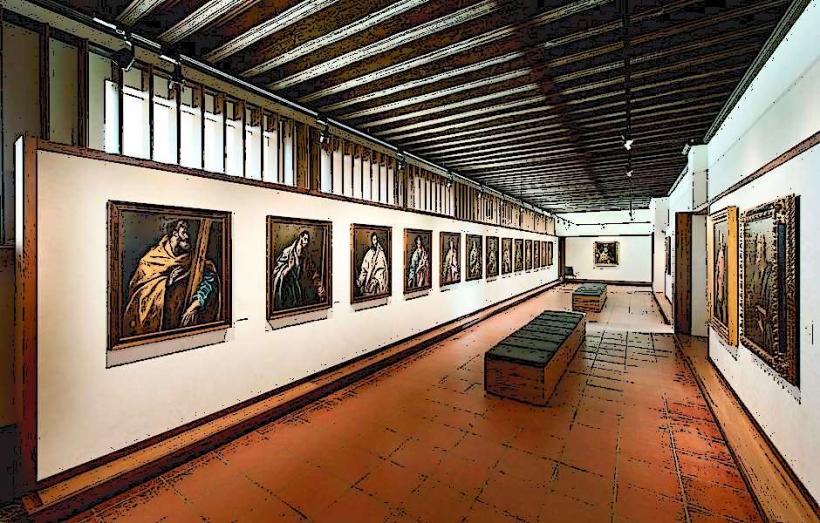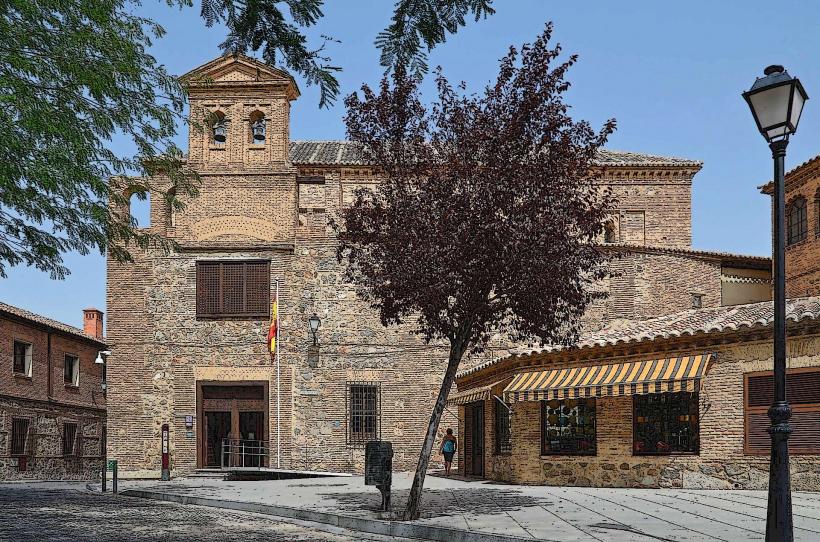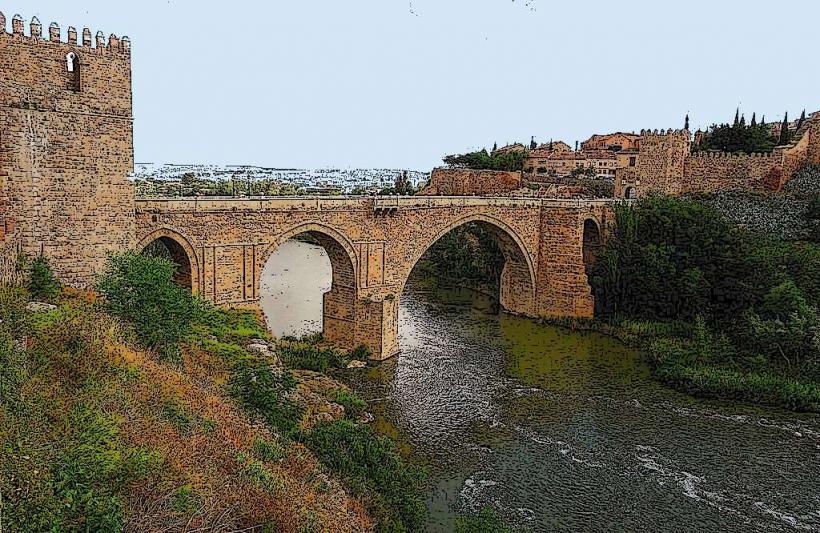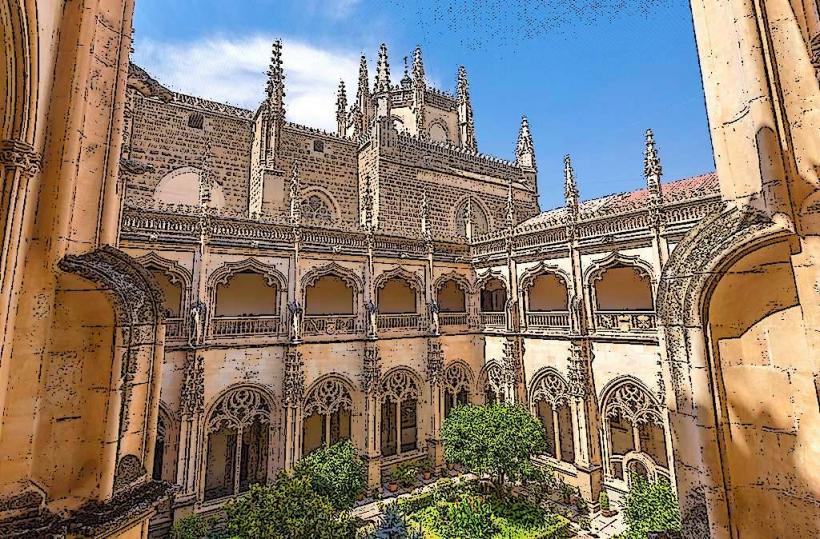Information
Landmark: Mosque of Christ of the LightCity: Toledo
Country: Spain
Continent: Europe
Mosque of Christ of the Light, Toledo, Spain, Europe
The Mosque of Christ of the Light (Mezquita del Cristo de la Luz) is the best-preserved Islamic monument in Toledo and one of the most important examples of ten-century Moorish architecture in Spain.
Visual Characteristics
Architecture: A small, square structure measuring roughly 8x8 meters. It is built in the Caliphal style using brick and stone.
Structure: The interior is divided into nine square compartments by four central columns with Visigothic capitals. Each compartment is covered by a unique, intricately designed ribbed vault.
Mudejar Addition: A Romanesque-Mudejar semicircular apse was added in the 12th century when the building was converted into a church.
Location & Access
Address: C. Cristo de la Luz, 22, 45002 Toledo.
Access: Paid admission (included in the Toledo tourist bracelet).
Hours: Daily, 10:00 AM – 6:00 PM.
Key Highlights
Original Inscription: The facade retains a Kufic brick inscription stating the mosque was built in 999 CE by the architect Musa ibn Ali.
Frescoes: The 12th-century apse contains remnants of Romanesque paintings, including a Pantocrator.
Roman Road: Outside the mosque, a section of an original Roman stone road is preserved and visible.
Historical Context
Originally known as the Bab-al-Mardum Mosque, it is one of the ten mosques that once existed in Toledo. According to legend, when King Alfonso VI entered the city in 1085, his horse knelt before the mosque, leading to the discovery of a hidden crucifix behind a wall, which gave the site its Christian name.
Nearby Landmarks
Puerta del Sol: 0.1km North.
Puerta de Bisagra: 0.3km North.
Zocodover Square: 0.3km East.
Toledo Cathedral: 0.5km South.

